Step 4: Eat Prebiotic-Rich Foods
We already discussed the benefits of probiotic supplements as part of our Clean Cuisine Natural Detox previously in [intlink id=”9752″ type=”post”]Step 3[/intlink]. In addition to supplementation with probiotics it is just as important to eat prebiotic-rich foods.
What are Prebiotics?
Prebiotics are non-digestible food fibers found in unrefined “whole carbohydrates” that help stimulate the growth and activity of “friendly” bacteria strains. In simple terms, prebiotics nourish and help the “friendly” bacteria thrive. If you eat more prebiotics you will have more “friendly” bacteria in your intestine.
Prebiotics and Weight Loss
Eating prebiotic-rich foods will most likely make you slimmer too since most prebiotic-rich foods take up a lot of bulk and space in your stomach, thus working mechanically to help you feel full. Interestingly, in a randomized, double-blind, placebo-controlled trial published in the American Journal of Clinical Nutrition, overweight people who supplemented with a prebiotic (21 grams of oligofructose) lost twice as much weight as those taking a placebo. (1) Additionally, researchers speculate that prebiotics may work to suppress levels of hormones linked to hunger.
What Foods Contain Prebiotics?
Luckily plenty of delicious and common carbohydrate-containing foods contain prebiotics. Additionally, prebiotic-rich foods also happen to be high in fiber, antioxidants and disease-fighting, health-supporting phytonutrients.
As part of the Clean Cuisine Natural Detox you will want to include at least three of the following prebiotic-rich foods in your diet everyday:
- Garlic
- Onions
- Tomatoes
- Asparagus
- Bananas
- Wheat (look wheat in its most natural and unrefined form such as wheat germ, “whole” wheat berries & flour-less sprouted whole wheat bread such as “Food for Life” brand)
- Berries
- Kale
- Lentils
- Chickpeas
- Black beans
- Leeks
- Flaxseeds
- Spinach
[intlink id=”9828″ type=”post”]Click Here for Step 5 of the Clean Cuisine Natural Detox[/intlink]
References:
1. Parnell JA, Reimer RA. “Weight loss during oligofructose supplementation is associated with decreased ghrelin and increased peptide YY in overweight and obese adults.” Am J Clin Nutr 89(6):1751-9, June 2009.

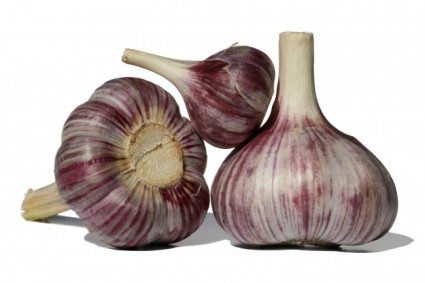
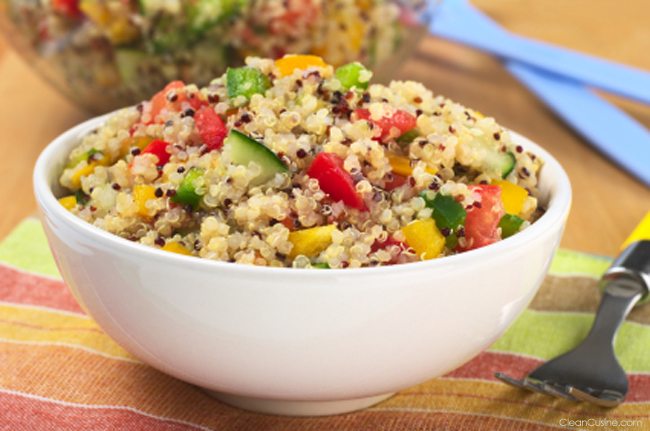
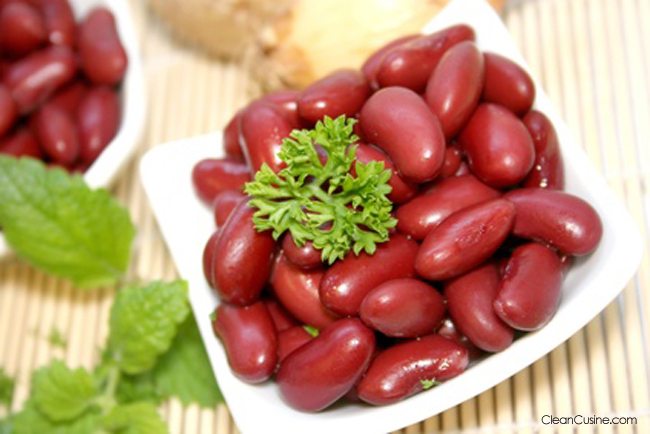
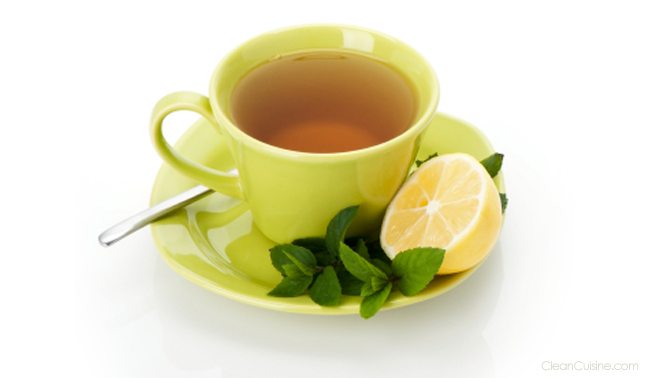
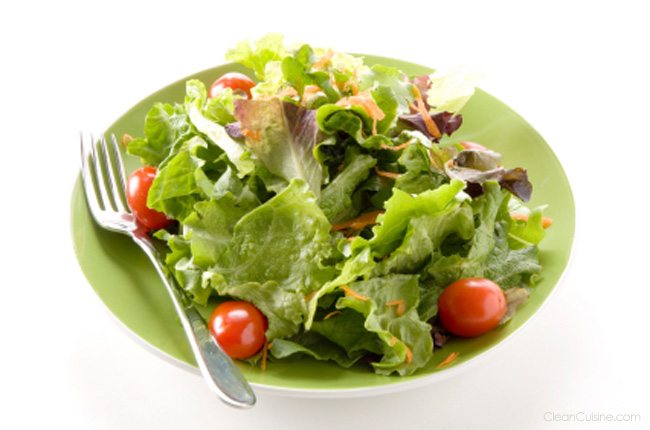
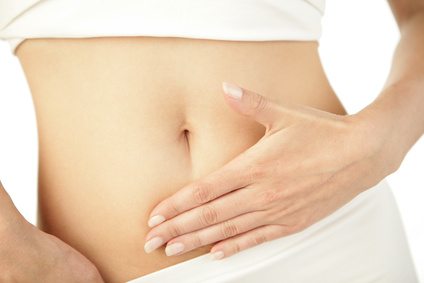
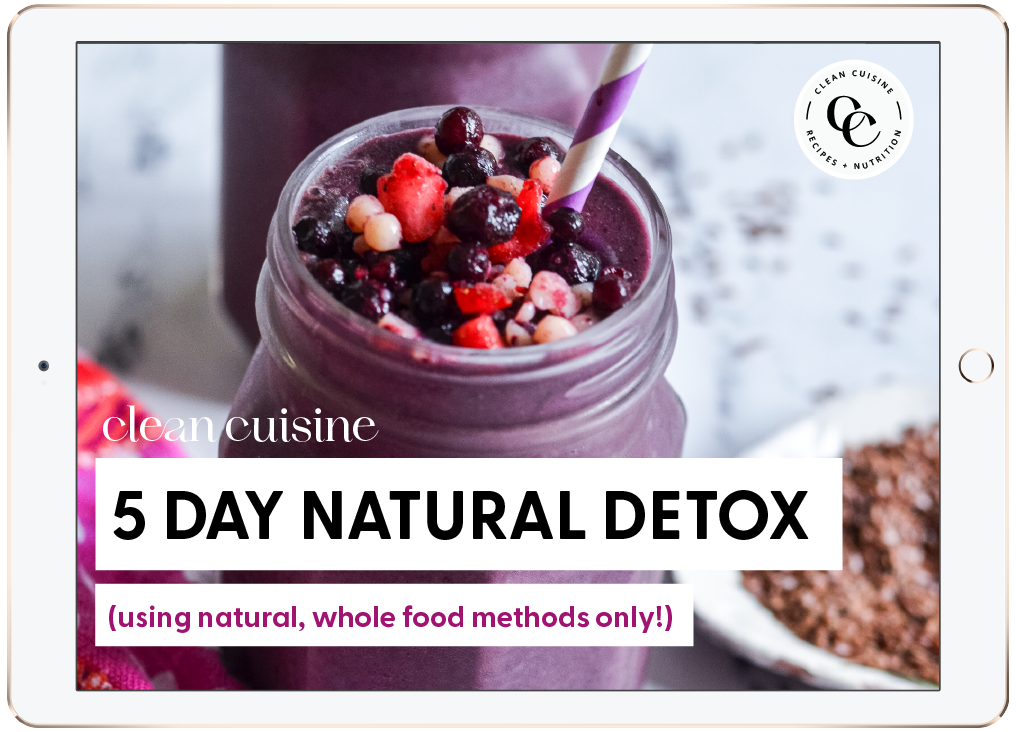
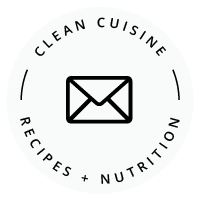
Natalie
Sunday 31st of January 2021
Thank you very much All of your delicious recipes.